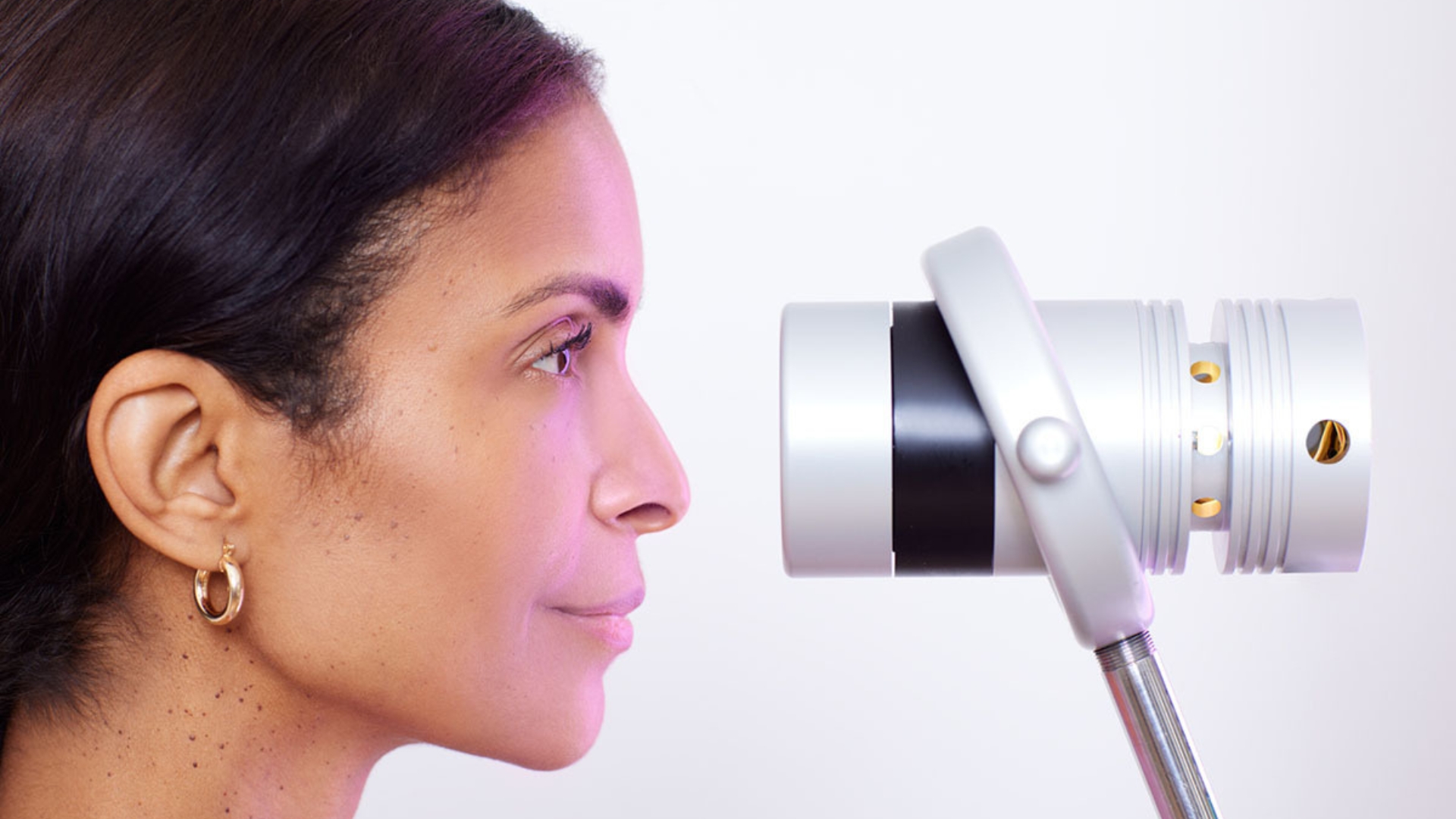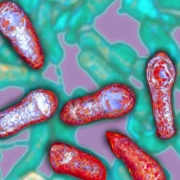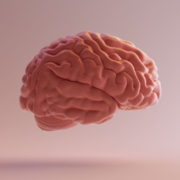The Science of Love: How Being in Love Affects Your Health
“I want to know what love is. I want you to show me.”
Every rock band from the 80’s and 90s had at least one cheesy hit ballad in its repertoire. Foreigner was no exception. Its 1984 lead single “I want to know what love is” brilliantly sums up an age-old question and not just for sappy philosophers and British power rock groups. Researchers have also explored the scientific impact of getting struck in the heart by Cupid’s bow and how it impacts our health.
Much like joy, sadness, surprise, or fear, many people associate love with an emotional reaction. However, some researchers view being in love as a purely biochemical chain reaction.
Krishna G. Seshadri, of the Department of Endocrinology at Sri Ramachandra University in Chennai, India writes in the Indian Journal of Endocrinology And Metabolism, “Love may be defined as an emergent property of an ancient cocktail of neuropeptides and neurotransmitters.”
Perhaps the answer to the question in the title of Foreigner’s cheesy ballad is that romantic love is merely rooted in evolution. Humans, Seshadri suggests, need love strictly to survive and reproduce. And whatever role emotions do play in love, they serve as “behavioral strategies … that will increase the likelihood of achieving these goals.
Scientists like Seshadri continue to understand the neuroendocrinology of romantic love. Here’s what we know so far…
Falling In Love Equals Stress?
Is falling in love as stressful as, say, having to file your taxes on April 15? Interestingly, Seshadri suggests that during the early phase of love, “Stress appears to be the trigger for a quest for pleasure, proximity, and closeness. As a norm, moderate stress encourages social interaction.”
The Cortisol Love Connection
Many people are familiar with cortisol, the so-called stress hormone. What’s interesting about being in love, especially in the “honeymoon stage,” is that it can elevate cortisol levels higher than people who are not in love. Does that mean that if you have chronic stress you shouldn’t try to find romance? Of course, not.
In fact, “love-induced hypercortisolemia” is a stress response that helps form social contact and attachment.
Norepinephrine: Sweaty Palms, Racy Heart
Norepinephrine is another biological key player in the science behind love. This neurotransmitter (brain chemicals) plays an essential role in the regulation of arousal, attention, cognitive function, and stress reactions. In addition, norepinephrine acts as a hormone and plays a supporting role in the fight-or-flight response. When you muster up the courage to ask a potential romantic love interest for their phone number, you can thank norepinephrine for that. Moreover, this neurotransmitter which acts like a love hormone also boosts your heart rate and is the physiological force behind sweaty palms.
Oxytocin: The Love And Bonding Hormone
Love has the potential to send our stress hormones into overdrive. But Aphrodite has the perfect antidote: oxytocin. From a traditional medical perspective, oxytocin is a hormone that stimulates uterine contractions in childbirth and lactation after childbirth. But oxytocin isn’t just reserved for bringing babies into the world and breastfeeding. Oxytocin also plays a key role in forming bonds (attachment) between consenting couples.
“Positive social interactions and pair bonding appear to alleviate stress through oxytocin, facilitating security and support,” explains Seshadri, who adds that the initial anxiety and stress of early love and infatuation are essentially chilled out by long-term relationships. Oxytocin, aka “the cuddle hormone” is our internal biochemical matchmaker.
(Women are more sensitive to oxytocin while men are more sensitive to another bonding hormone, vasopressin.)
Serotonin: The Euphoria of Love
The stress response of the crush phase ultimately gives way to reward mechanisms that are involved when a deeper state of love and connection is formed with a romantic partner. Serotonin-dependent pathways in the brain, specifically, in the amygdala, which is where our emotions are processed, help facilitate this transition.
Serotonin, a neurotransmitter, is one of the so-called “happy hormones.” It plays many critical physiological roles. This includes: regulating mood, behavior, body temperature, sleep patterns, and appetite. Serotonin is also the primary mover behind attraction and sexual pleasure. When you are madly in love with someone and enjoy physical intimacy, it’s actually an interaction of serotonin levels and oxytocin that produces euphoria.
Another reason love and meaningful sex are healthy is that oxytocin “appears to decrease anxiety by inhibiting amygdala activity,” Seshadri’s research findings state.

Dopamine: The Attraction Hormone
Along with norepinephrine and serotonin, dopamine is another feel-good neurotransmitter involved in the science of attraction. Dopamine kick-starts the reward circuitry in the brain. This can be both a good and bad thing. After all, seeking a dopamine fix is the driving force behind drug addiction, alcohol abuse, and overeating. But when it comes to love, dopamine is just what the doctor ordered.
How these brain chemicals and others are involved in the science of love is still somewhat of a mystery. Science still has a ways to go before the answer to “I want to know what love is” is fully revealed. For now, research shows that falling in love and being in love can prolong life, support our immune system, and shut down pain signals to the brain, among other benefits. Even if love can break your heart, it’s worth taking the advice of many sappy pop songs and falling back in love.
Disclaimer: The statements made in this article have not been evaluated by the Food and Drug Administration. Any products or treatments mentioned are not intended to diagnose, treat, cure, or prevent any disease. Please consult a licensed medical practitioner for medical advice.
At Innovative Medicine, we believe in transparency. We want you to know that we may participate in affiliate advertising programs pertaining to products mentioned herein.
See how we can help you restore complete health of body, mind & spirit.
Join our mailing list and receive exclusive offers + information!







Leave a Reply
Want to join the discussion?Feel free to contribute!